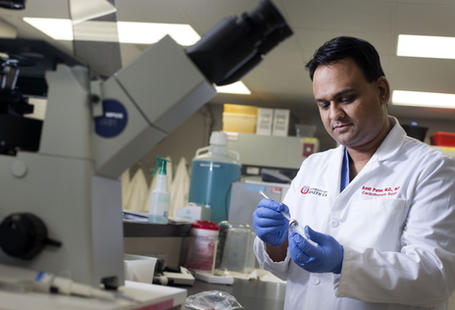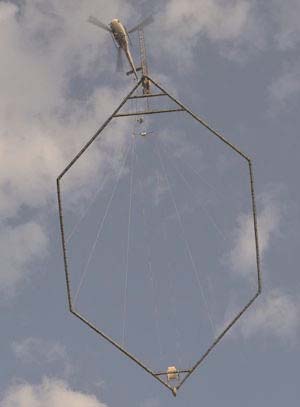
For decades, Patel and other researchers have tried to figure out how to regenerate dead heart muscle in patients who have had massive heart attacks.
Now he’s leading trials on an experimental technology that might be able to repair scarred heart tissue and freeze — or even reverse — heart failure.
“The doctors say: ‘We’ll give you the beta-blocker, aspirin and the Lipitor and we can just hope to maintain you’ … but short of them getting worse or getting a heart transplant, there’s not too many options,” said Amit Patel, an associate professor in the division of cardiothoracic surgery at the University of Utah School of Medicine, Deseret News reported on Saturday.
The procedure, in Phase 1 FDA clinical trial, goes as follows:
- Mix the “extracellular matrix” powder — a mixture of proteins and molecules isolated from heart muscle — with saline or water.
- Inject the mixture into the patient’s dead heart muscle via catheter.
- Wait three to six months to see if the patient’s heart muscle regenerates.
It may sound like something out of “Frankenstein”, said Tim Henry, the director of cardiology at the Cedars-Sinai Heart Institute, “but the technology — inspired by stem cell research — is within our reach”.
“(Patel) is clearly one of the most experienced stem cell people in the country,” Henry was quoted as saying.
Scientists have been trying stem cell therapy and gene therapy to stop the degeneration of heart function that occurs after a massive heart attack, but they haven’t been much good at reviving completely dead scar tissue, Patel said.
If the clinical trials are proven successful, the therapy would likely also be cheaper than either stem cells or gene therapy, according to Patel.





Be the first to comment